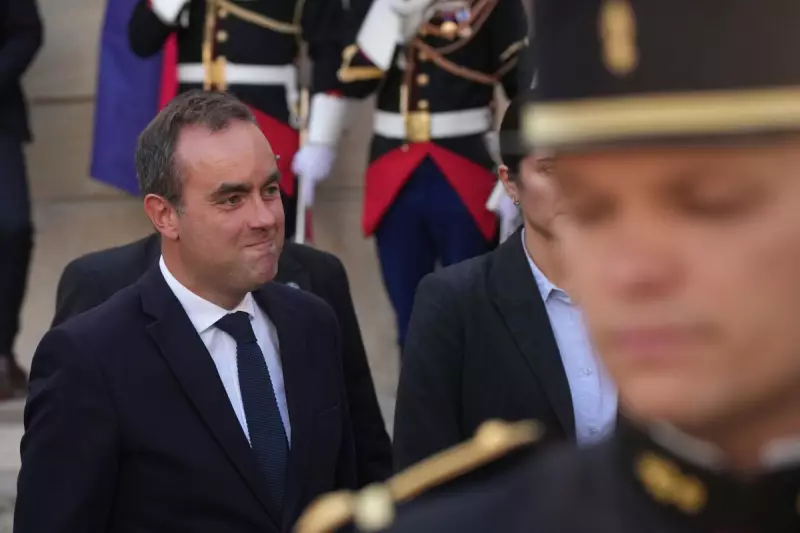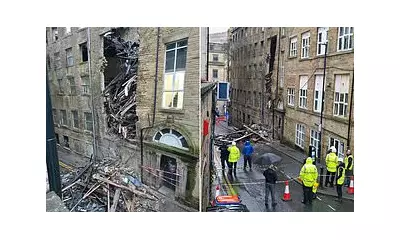
Commuters in Paris faced travel chaos and widespread disruption on Thursday as a sudden and powerful strike by transport unions brought the city's public transport network to a virtual standstill.
The surprise industrial action, which saw significant participation from workers at the state-owned SNCF rail operator and the RATP Paris transport authority, is a direct response to President Emmanuel Macron's contested economic reforms. Unions are demanding urgent action on wages and improved working conditions, arguing that the government's policies are eroding workers' rights and living standards.
A City Grinding to a Halt
The impact was immediate and severe. Services on the Paris Metro were drastically reduced, with many lines operating minimal services or shutting down completely. Bus services across the French capital were also severely affected, leaving thousands of passengers stranded at stations and bus stops during the morning rush hour.
The disruption wasn't confined to the city limits. National rail services operated by SNCF also experienced cancellations and delays, causing a ripple effect of travel misery across the Île-de-France region and beyond.
A Political Battle on the Move
This strike is the latest flashpoint in an ongoing battle between President Macron's administration and France's powerful union movement. The unions have positioned themselves as the primary opposition to the government's reform agenda, which they claim favours businesses at the expense of the workforce.
The timing of this walkout is seen as a strategic move to maximise pressure on the government, demonstrating the unions' continued ability to mobilise and disrupt national life to make their voices heard.
With both sides appearing entrenched in their positions, passengers are being warned that the travel turmoil may not be a one-off event, but potentially a sign of more widespread industrial unrest to come in France.





